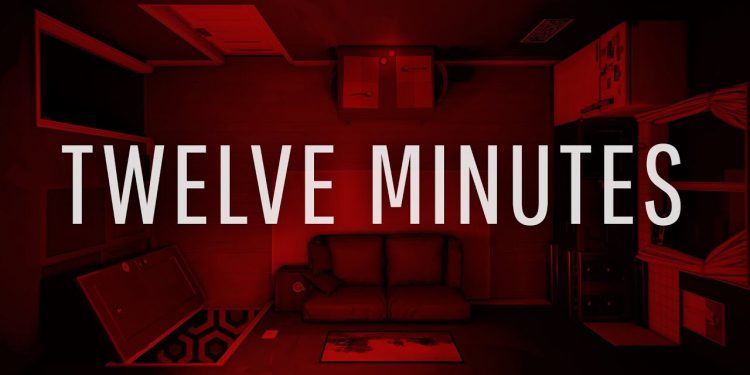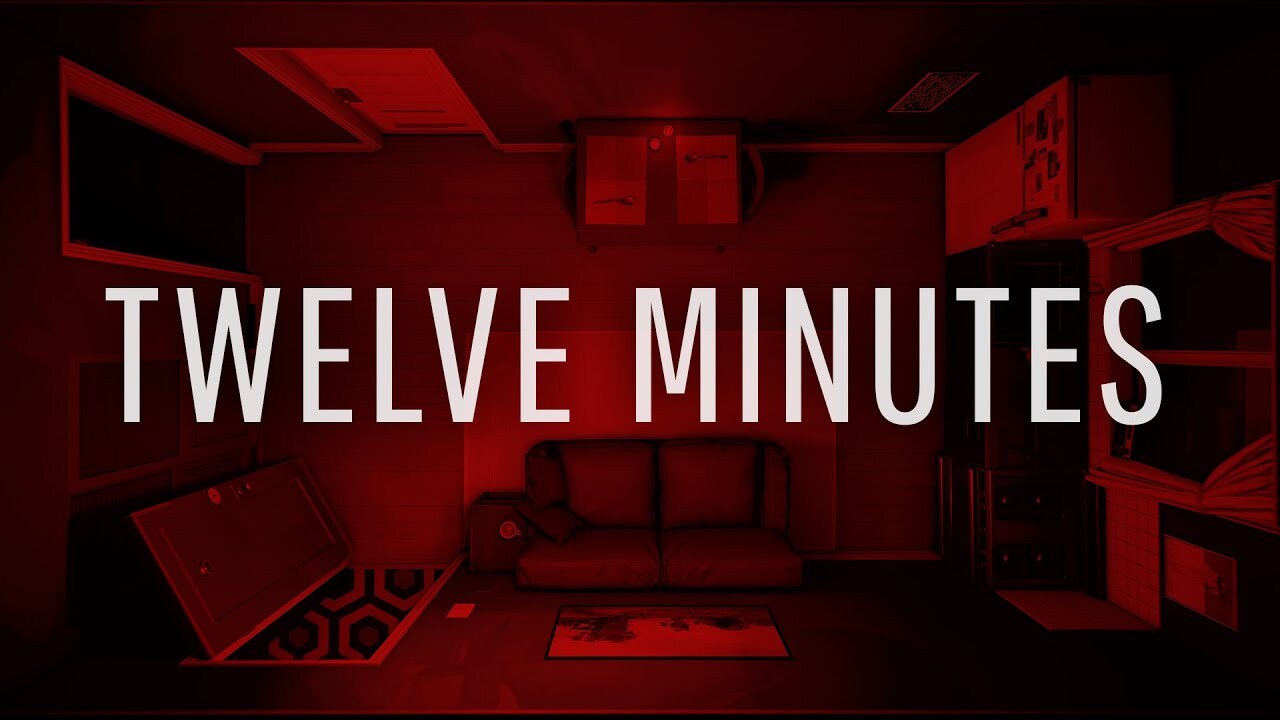
12 Minutes does a great deal after some. The whole game happens in a apartment, there are only two characters apart from yourself, not to mention, you only have 12 minutes before time resets and you've got to begin everything over right from the start. You don’t have a lot to work with, but you’ll learn that you can do quite a lot with the limited toolset available. Just when you think you’ve got everything solved, 12 Minutes throws a brand new lead into the mix or introduces a new problem you weren’t expecting, and that’s why it’s so brilliant.
Time loops aren't anything new in game titles, but 12 Minutes’ take on the genre can be quite engaging. The 12-minute loop feels carefully constructed. Every item feels precisely placed, all three rooms have specific purposes. Characters’ routines could be interrupted at any time, but there’s never an opportunity to put a perfect plan into motion which get every answer in one run. To make progress, you have to make mistakes. Carrying your failures and new knowledge into the next cycle is the only way to maneuver forward in the story. There are several moments where I thought I had been certain to break the cycle and escape the loop simply to end back up at the front door at the beginning of the evening once again.
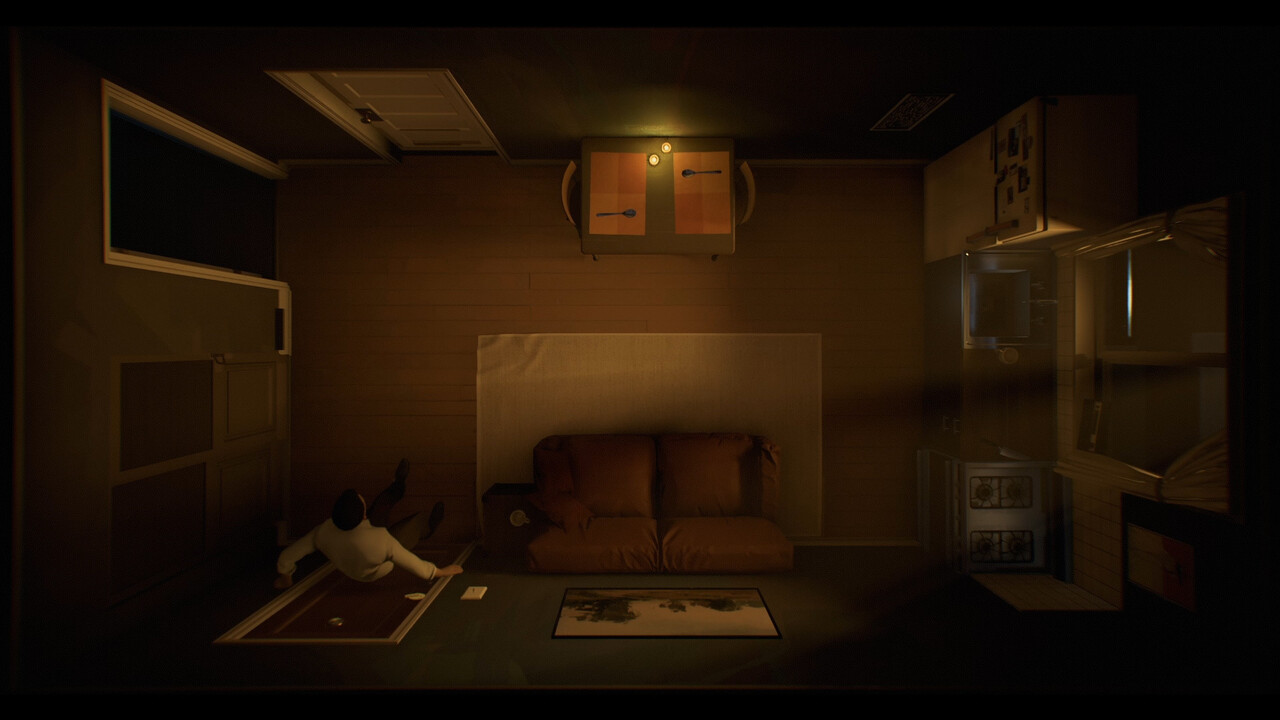
The pace where the sport feeds you new details are wonderful. You simply ever have sufficient information to create a basic plan for the next loop, and there’s no way of knowing how things goes without a doubt. Each failure refines your plans further and additional until they finally force the game to hack and feed you another lead. Whenever you do end up learning something new, characters basically never tell you more than one detail before something arises, making it super easy to find yourself in a cycle of ” just one more loop” until you’ve been playing for hours.
It likewise helps that the game features a star-studded cast. The leading couple is played by James McAvoy and Daisy Ridley, each of which perform a congrats within their respective roles. However, the star from the show is Willem Dafoe, who plays the cop that enters the apartment in the center of every loop. The 3 characters appear flat and one-dimensional initially, but it’s easy to grow attached to them while you slowly learn their stories.
I can’t speak much about Daisy Ridley and Willem Dafoe so as not to spoil the sport, but McAvoy’s character sticks out as well despite basically being a stand-in for the player. Each time the loop restarts, our protagonist vents his frustration at his seemingly futile efforts, but he also expresses relief that things are getting easier each time. He cracks jokes, makes threats, and wrestles with all types of feelings as a man stuck over time. 12 Minutes is really a cycle of frustration and relief, and McAvoy’s performance really hammers that concept home. Ridley and Dafoe are the real emotional core of the story, but McAvoy’s character is a great protagonist as well.
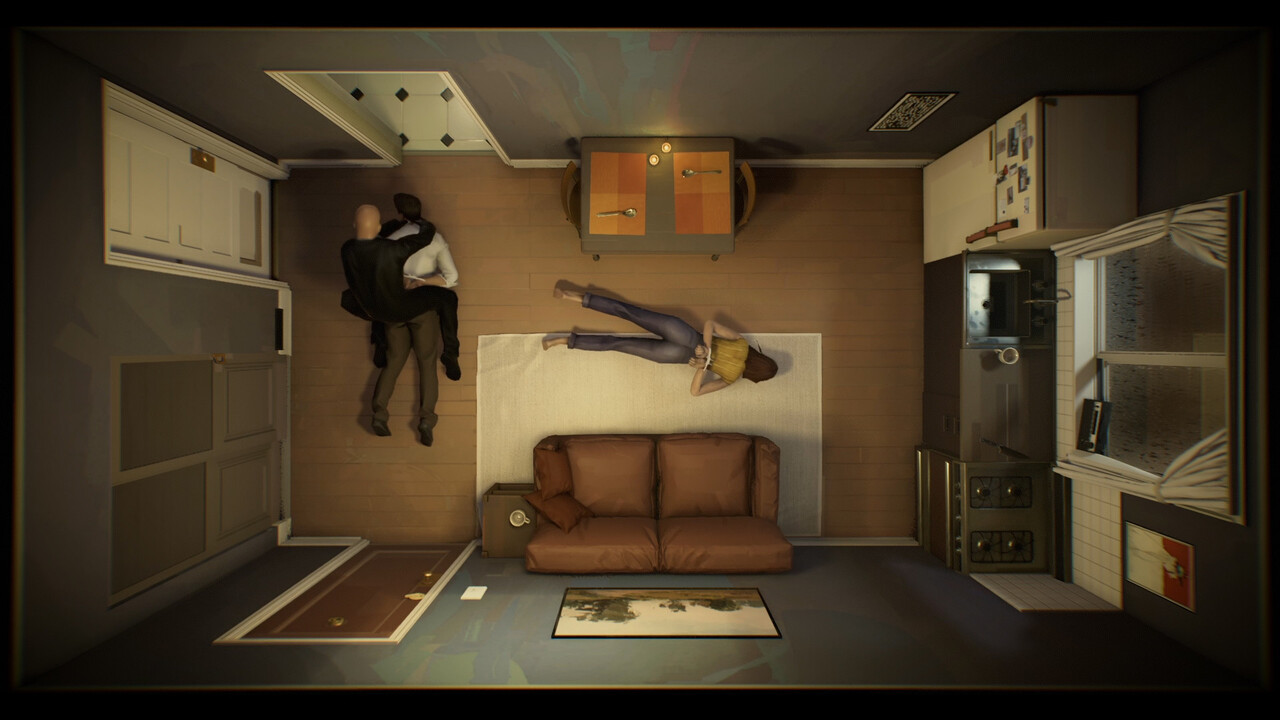
Gameplay-wise, 12 Minutes is a point-and-click adventure. You can click to pick up items scattered over the apartment, click on characters to speak with them, and click and drag items together to combine them or interact with them. You can grab anything at any time, and performing certain actions at certain points in the loop will result in different outcomes.
The loop is a lot more restrictive than the one out of, say, Outer Wilds. For the reason that game, you've got a breadth of options available from the start, only limited by your knowledge from the solar system. 12 Minutes works largely exactly the same way, only the loop is more aggressive. You can't stop and think for too long. You will find forces actively working against you, and things will happen to you if you don't act.
In Outer Wilds, unexpected things happen who are around you. In 12 Minutes, unexpected things happen to you. It really feels like you’re stuck between a rock and a hard place, only time is the rock and Willem Dafoe is the hard place.
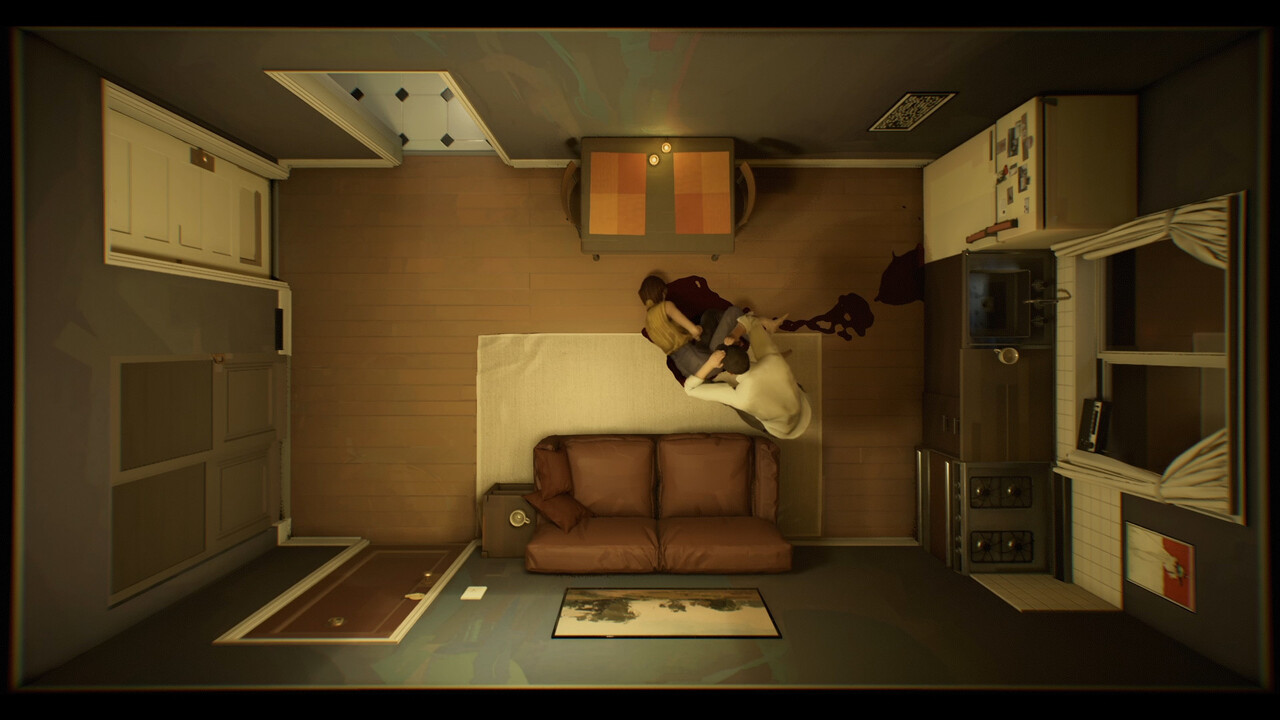
Having other characters tossed in to the mix also complicates things. In 12 Minutes, you not only have to deal with the time limit, but the two other characters who've wildly different motivations and desires. It may be immensely upsetting to determine what you need to do just for one of the other characters to obtain upset, say something they shouldn’t, or leave the apartment, however these added restrictions are what make 12 Minutes’ puzzles so much fun to solve. The entire process is very intricate, like moving pieces around a chessboard in real time.
The rush of excitement which i got from unlocking a whole new tree of dialogue options is one thing I haven’t felt from a puzzle game for a long time. After a couple of dead-end loops, I'd typically walk away from the game and take a rest, but 12 Minutes would continually pop into my mind after i was from it.
Any time a brand new strategy, theory, or item combination will come to mind, I’d scramble to begin the sport up just for one loop to see if I possibly could create a breakthrough. So when a little change would finally cause a character to spread out up to me, that certain loop would become two, and then three, and so on.
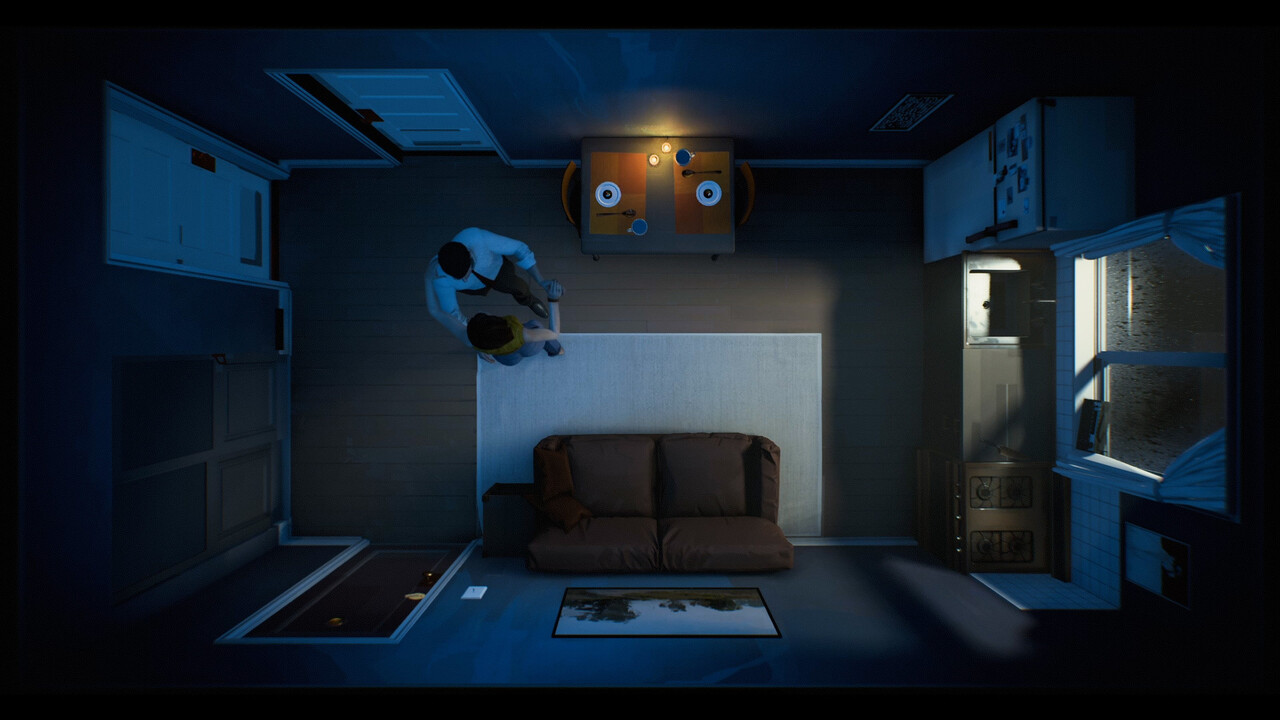
I have only a little handful of complaints with 12 Minutes, however they hardly detract from the experience. Often it requires a second for your character to actually communicate with something click, and animations look a bit strange sometimes, especially when characters are interacting physically together.
These are minor nitpicks though, and they’re easy to get used to. On top of that though, puzzle solutions can occasionally feel obtuse, but that only pertains to a couple of specific solutions for the whole game. It’s also easy to know why these solutions would be the way that they're while you progress further in the game, too.
12 Minutes is definitely one of the best games of the year. I was surprised at how quickly it grabbed me, also it maintained that hold 'till the end. It feels like nearly every loop ends by having an exciting cliffhanger that leaves you rushing to start the cycle once again. It can be a bit hard to maintain focus when you’re stuck on the puzzle and you find yourself beating your head from the wall in search of a solution, but those breakthrough moments tend to be more than worthwhile.


